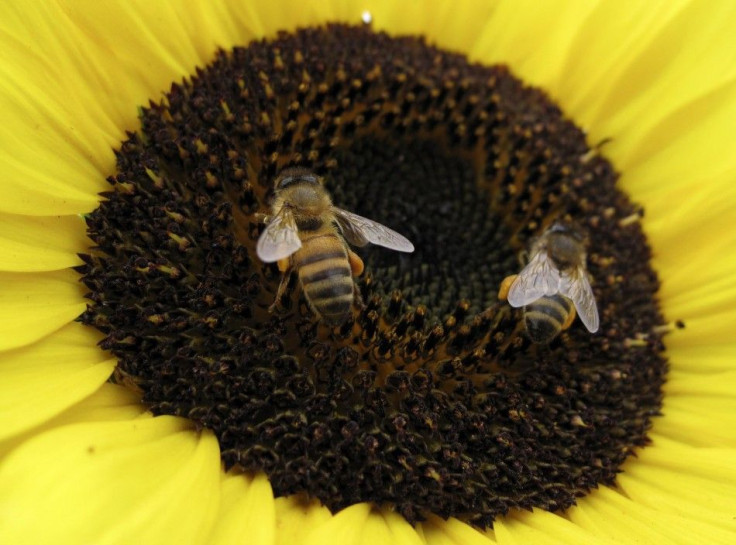Bees Have Higher Contribution To British Economy Than Buckingham Palace Occupants

The cute family of Prince William and Kate Middleton, specially Prince George and newborn Princess Charlotte, may have contributed to the rise in the British royal family’s popularity. But across the Commonwealth, the question of the relevance of monarchies continue to be raised as many nations that belong to the Commonwealth plan to sever ties with the residents of Buckingham Palace after Queen Elizabeth dies or abdicates.
The anticipated horrible monarchy under the reign of Prince Charles could perhaps be better appreciated with the perceived and observed declining relevance of royals in the daily lives of Brits. Nowhere is this better demonstrated than by a study done by researchers at the University of Reading who found that bees made higher contributions to the British economy compared to the royal family.
The study looked into the heavy reliance of food crops on pollinators, or bees, to grow and estimated the insect’s contribution at 651 million pounds annually. In contrast, the monarchs contributed a lower amount of 150 million pounds through tourism, reports The Telegraph.
Only bees could make 85 percent of UK’s apple crop and 45 percent of strawberry crops grow. These two crops brought in 200 million pounds to the country’s economy in 2012. This, in turn, helped increase the overall economic value of food crops to 651 million pounds in 2012 or a 191 percent hike.
The study’s release on Wednesday came at a time that the government is reviewing the proposed lifting of a ban on neonicotinoid pesticides. Farmers are not allowed to use the pesticides because of the possibility that it could cause a substantial decrease in bee population. Bee colonies are now less than 100,000 from 250,000 in the 1950s.
Farmers have requested permission from Environment Minister Liz Trust to use pesticides on oilseed rape this summer, but over 364,000 people have signed the 38 Degrees petition to reject the farmers’ request. Megan Bentall, campaigner for 38 Degrees, warned that further decline of the bee population in UK would hit hard the country’s rural economy. She pushed for retention of the ban on the pesticides with no exceptions.
Professor Simon Potts, director of the university’s Centre for Agri-Environmental Research, said that since only 2 percent of the bee species in UK pollinate 80 percent of the country’s food crops, and these species would unlikely be the same that Britain would need in the future, protection of a wide range of bee species and other insects is critical in the light of climate, environment and crop varieties change.
In North America, a higher rate of 90 percent of food crops rely on pollinators for growth, according to Tyler Morning Telegraph. Outside colony bees, other native bee species and insects that are hardworking pollinators. These include wasps, bumblebees, butterflies, moths, flies, beetles, hummingbirds and bats.
To contact the writer, email: vittoriohernandez@yahoo.com





















